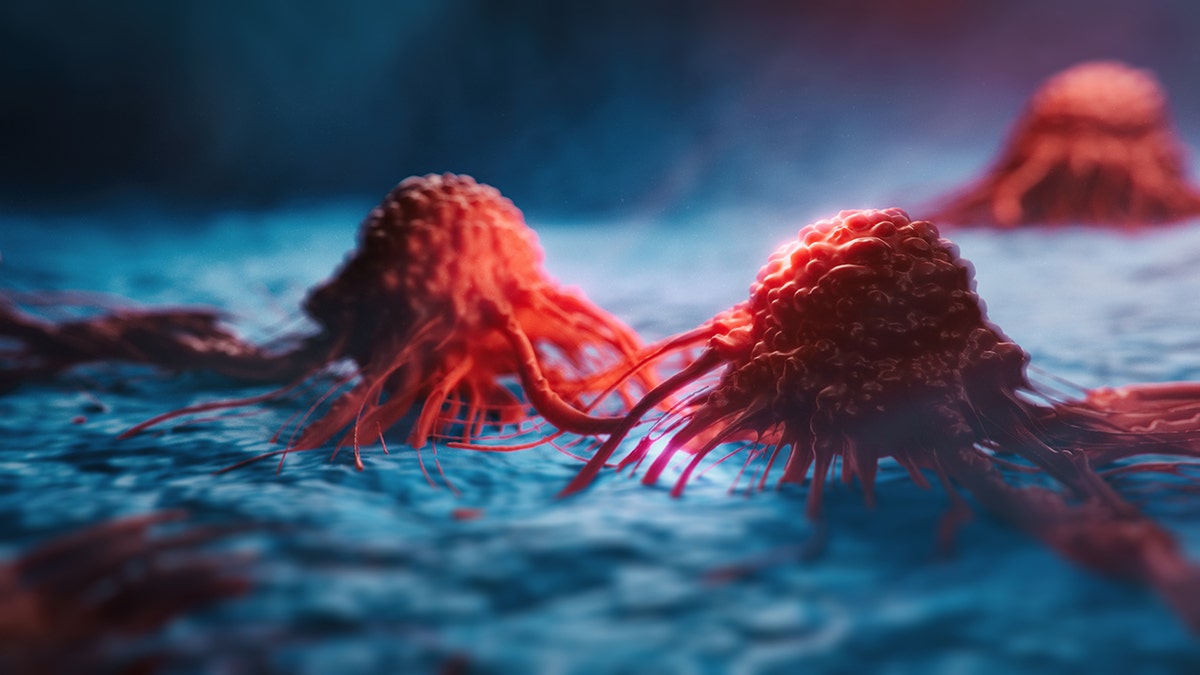NEWYou can now listen to Fox News articles!
Researchers at Johns Hopkins University say they have uncovered an advanced method for detecting cancer.
A new study, published in the journal Cancer Discovery and partly funded by the National Institutes of Health, found that genetic material shed by tumors can be detected in the bloodstream three years prior to a cancer diagnosis.
The researchers analyzed plasma samples from a large Atherosclerosis Risk in Communities (ARIC) study to assess risk factors for heart attack, stroke, heart failure and other cardiovascular diseases, according to a press release.
FDA APPROVES FIRST AI TOOL TO PREDICT BREAST CANCER RISK
Blood samples were analyzed from 26 participants who were diagnosed with cancer within six months of sample collection, and 26 who were not diagnosed with cancer.
Out of these 52 participants, eight scored positively on a multi-cancer early detection (MCED) lab test and were diagnosed with cancer within four months following blood collection.
MCED tests are an experimental type of cancer screening that looks for signs of multiple types of cancer at the same time, according to the American Cancer Society. These signs may include pieces of DNA, RNA or proteins from abnormal cells.
CLICK HERE TO SIGN UP FOR OUR HEALTH NEWSLETTER
For six of these eight individuals, researchers were able to assess additional blood samples that were collected 3.1 to 3.5 years prior to diagnosis.
In four samples, researchers identified tumor-derived mutations (genetic alterations within cancer cells).

Lead study author Yuxuan Wang, MD, PhD, assistant professor of oncology at the Johns Hopkins University School of Medicine, shared in a statement that investigators were surprised by the outcomes.
“Three years earlier provides time for intervention,” she said. “The tumors are likely to be much less advanced and more likely to be curable.”
For more Health articles, visit www.foxnews.com/health
Senior study author Bert Vogelstein, MD, Clayton Professor of Oncology and co-director of the Ludwig Center at Johns Hopkins, said the study shows “the promise of MCED tests in detecting cancers very early, and sets the benchmark sensitivities required for their success.”

Detecting cancer years before a clinical diagnosis could help “provide management with a more favorable outcome,” noted senior author Nickolas Papadopoulos, PhD, professor of oncology and Ludwig Center investigator.
“Of course, we need to determine the appropriate clinical follow-up after a positive test for such cancers,” he added.
Fox News Digital reached out to Johns Hopkins for comment.
Read the full article here







Leave a Reply